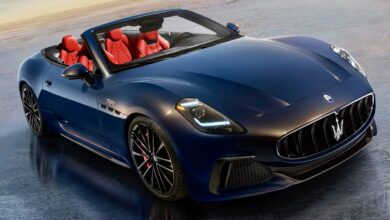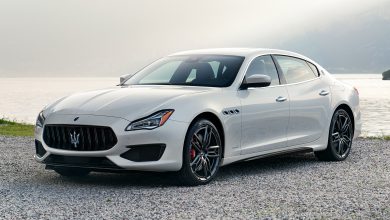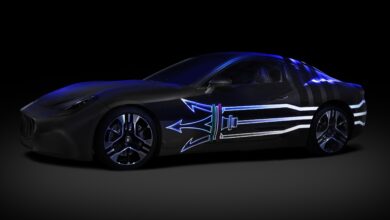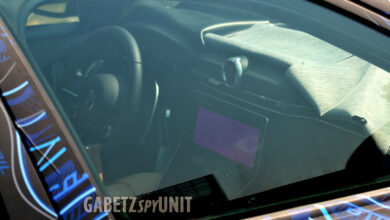Maserati Won’t Adopt Solid-State Battery Technology For The Time Being
Italian Premium Brand Will Wait For Technology To Mature...
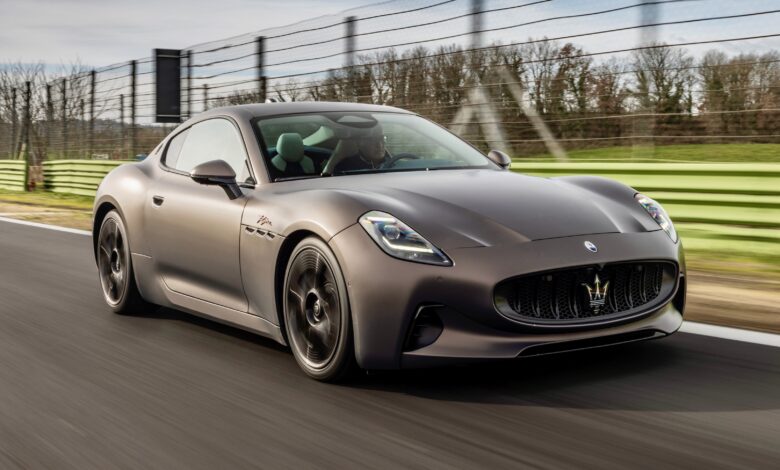
Maserati has announced that it will not be using solid-state battery technology in its vehicles for the time being. Solid-state batteries are one of the most discussed technologies in the automotive industry, as they have the potential to be lighter, safer, and offer longer-lasting and faster-charging batteries than traditional lithium-ion batteries.
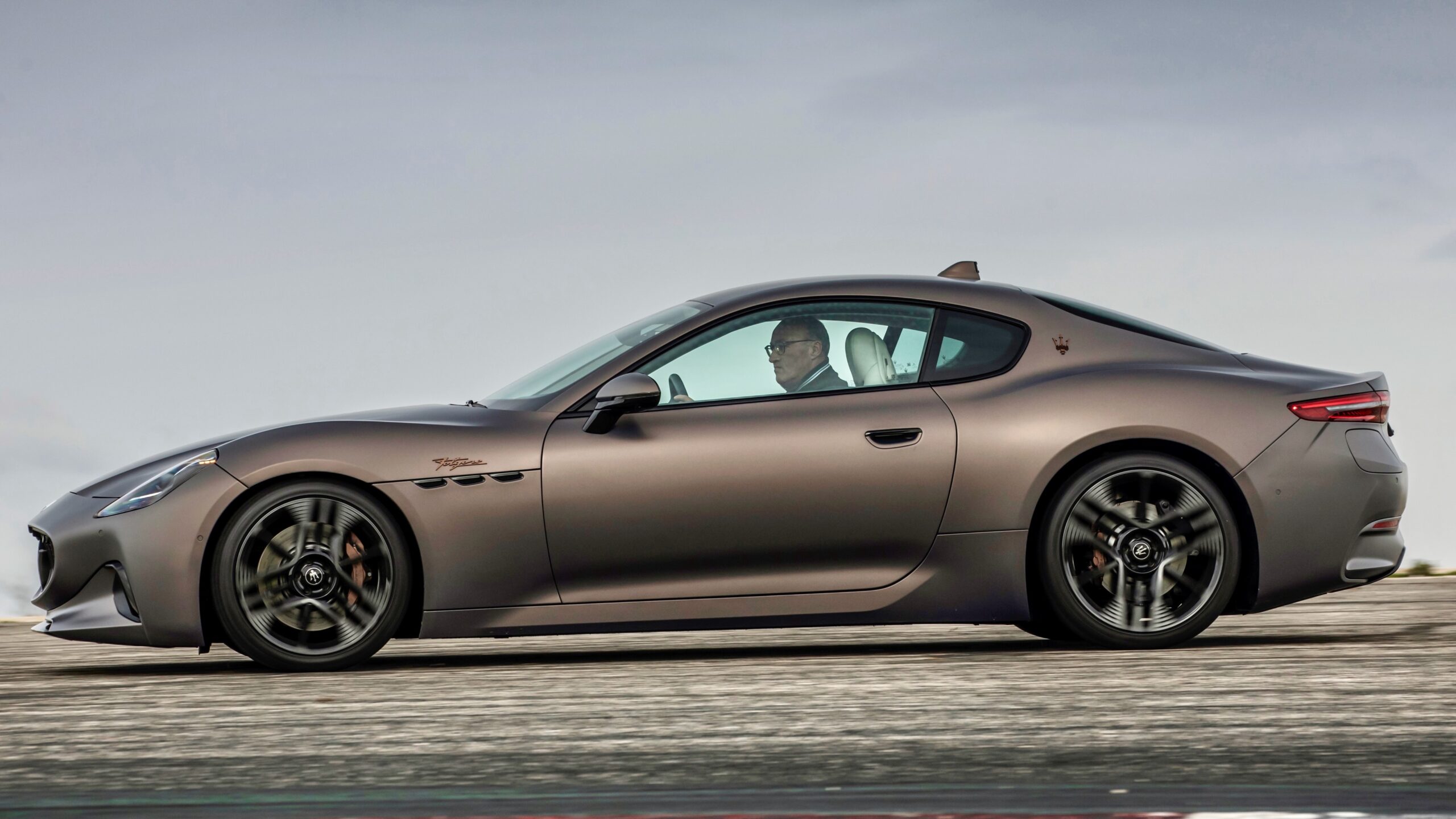
However, despite the potential benefits of solid-state batteries, they are still in the early stages of development, and there are several challenges that need to be overcome before they can be used in passenger vehicles. Maserati has stated that it will continue to monitor the development of solid-state batteries and may consider using them in the future once the technology has matured.
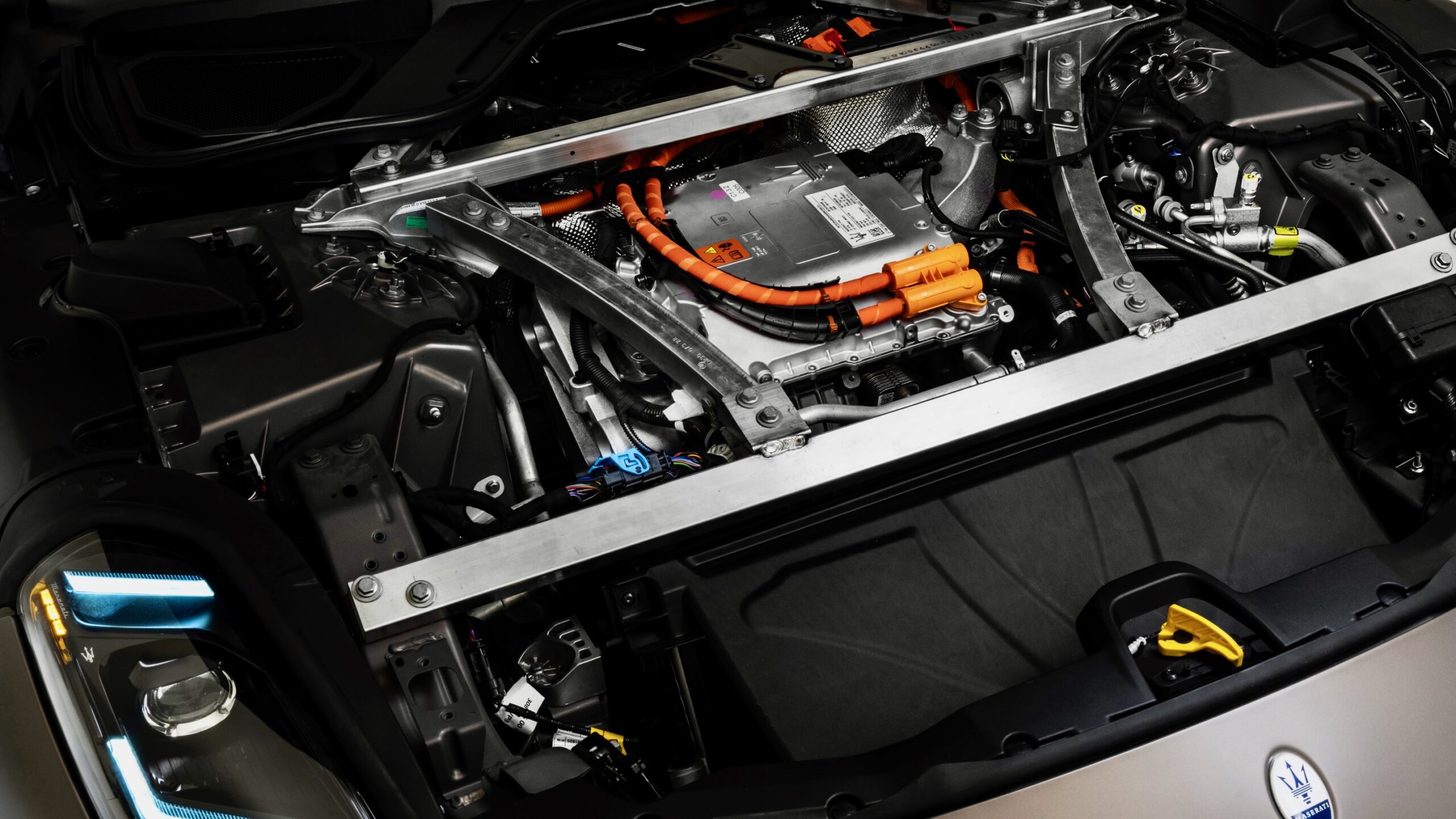
In the meantime, Maserati is focusing on developing its current electric vehicle technology, which includes lithium-ion batteries. The company recently launched the Maserati GranTurismo, its first all-new GT car in over a decade, which will be powered by a traditional lithium-ion battery. Maserati has also announced plans to introduce hybrid and electric versions of all its models by 2025, as part of its commitment to sustainable mobility.
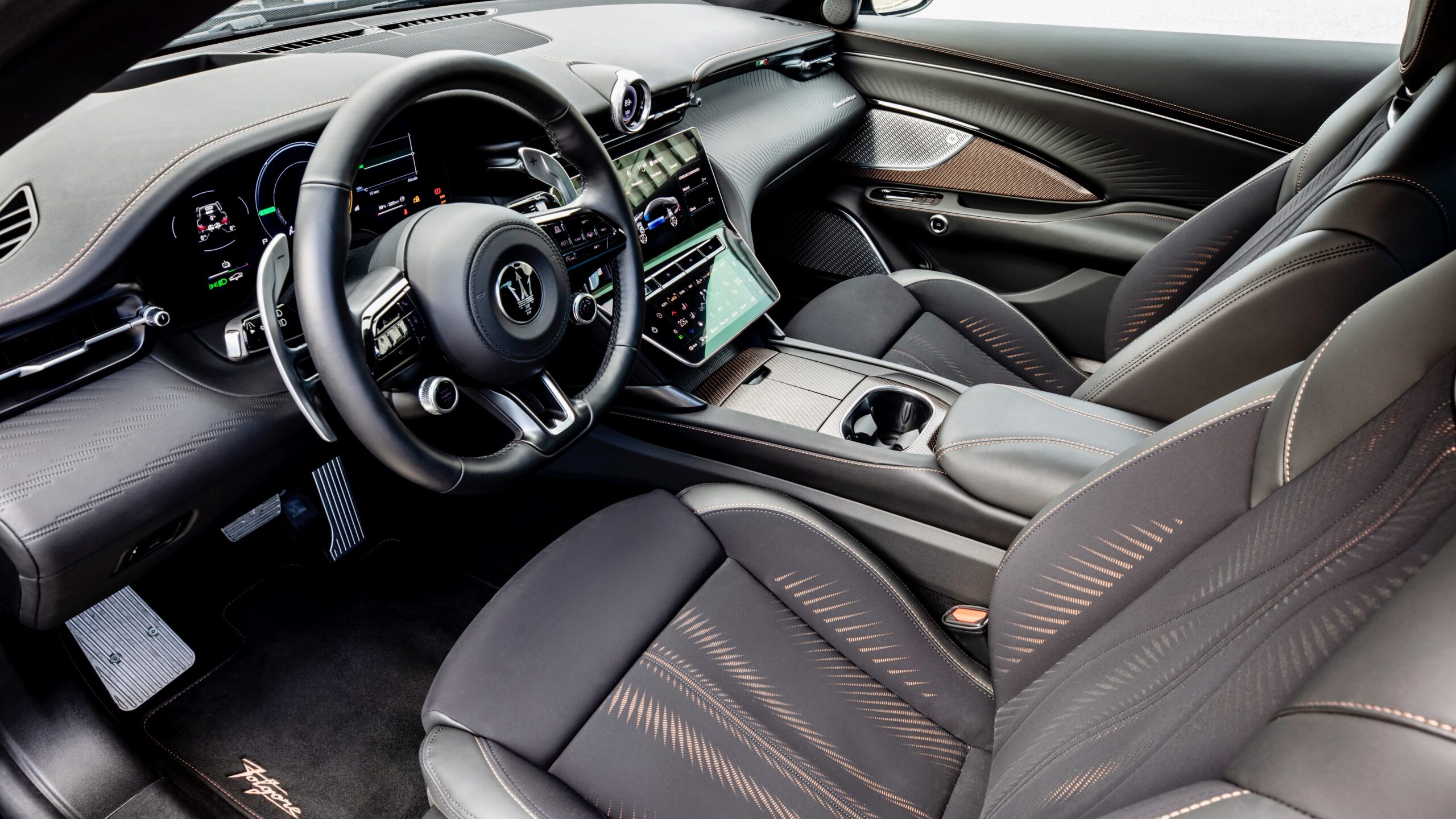
According to Davide Danesin, who led the development of the new Maserati GranTurismo, the current solid-state battery technology does not offer the level of performance that Maserati customers expect from their cars. While solid-state batteries are lighter and potentially safer than traditional lithium-ion batteries, they may not provide the power and fast discharge times that are needed to support high-performance electric drive modules (EDMs) in Maserati vehicles.
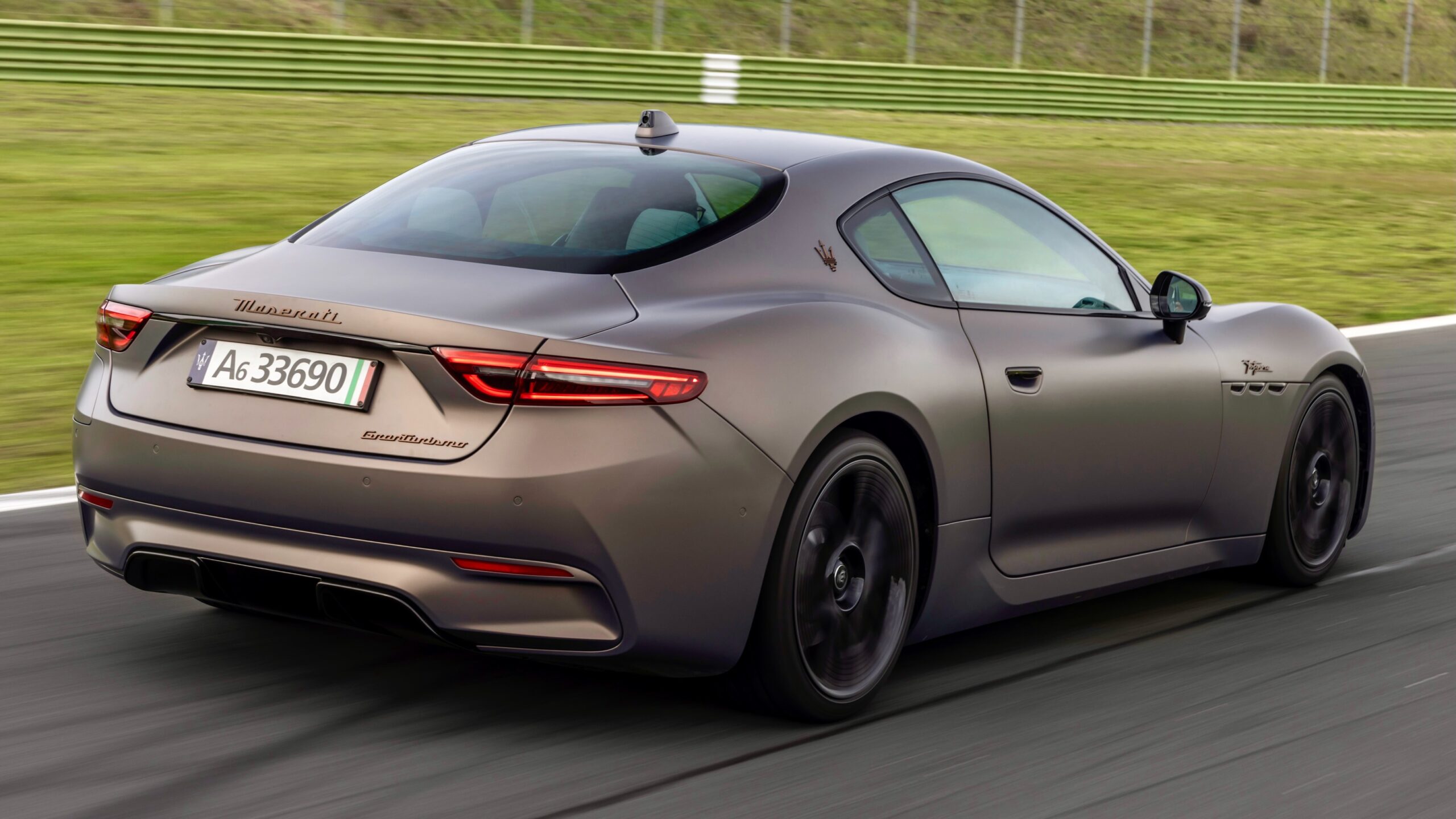
Stellantis, the parent company of Maserati, has expressed its belief in solid-state battery technology and has stated that it plans to focus on this technology for its electric cars of the future. It remains to be seen which Stellantis brand will be the first to adopt solid-state battery technology in its vehicles.


